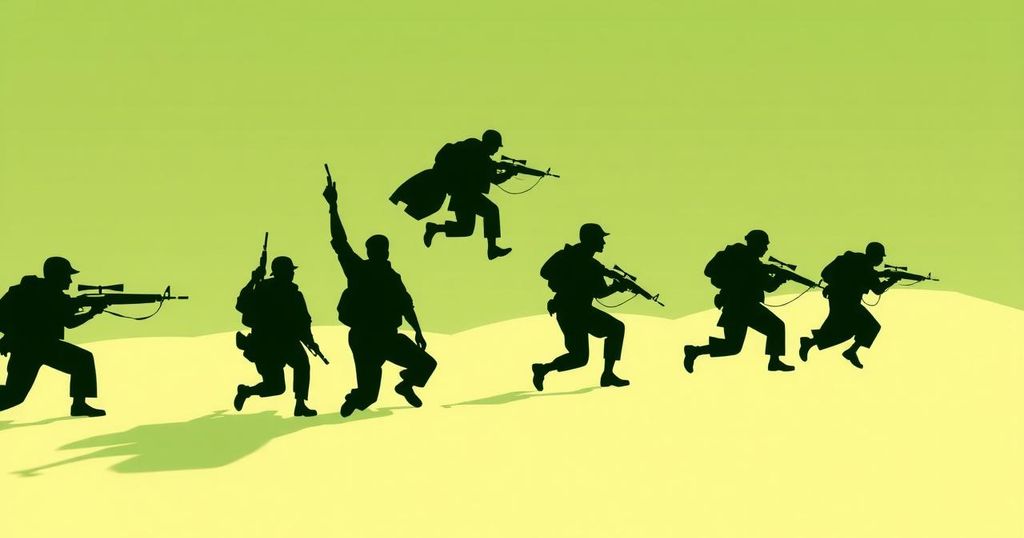Repatriation of South African Freedom Fighters’ Remains from Zimbabwe and Zambia

The remains of 42 South African freedom fighters, who died in exile while combating apartheid, have been returned from Zimbabwe and Zambia. The ceremony involved government officials and family members, signifying the government’s effort to provide closure. Among those honored were notable freedom fighters. This initiative aims to educate future generations about the anti-apartheid struggle and is part of broader efforts to repatriate remains from across several countries.
The remains of 42 South African freedom fighters have been repatriated from Zimbabwe and Zambia, marking a significant step in honoring those who perished in exile during the nation’s struggle against apartheid. The bodies were received by government officials and family members at Waterkloof Air Force Base in Pretoria. This initiative reflects the South African government’s commitment to provide closure to families of these freedom fighters who fought against the oppressive regime of white minority rule. These individuals were part of the underground movements of the African National Congress (ANC) and the Pan Africanist Congress (PAC), which operated from neighboring countries during the apartheid era. Notable figures such as Duma Nokwe, Florence Mophosho, and Basil February were among those whose remains were returned.
This article pertains to the recent repatriation of the remains of South African freedom fighters who had died during exile in Zimbabwe and Zambia while resisting apartheid. Many anti-apartheid activists sought refuge in these countries to receive military training or to escape arrest by the apartheid regime. With the goal of liberating South Africa, various groups conducted operations from these locations, with the ANC even relocating its headquarters to Lusaka, Zambia, after being banned in South Africa. The return of these remains is part of a broader initiative aimed at acknowledging and educating future generations about the sacrifices made in the fight against apartheid, and is reflective of ongoing efforts to honor the memory of those who contributed to the country’s liberation.
The repatriation of the remains of these freedom fighters serves not only as an act of closure for their families but also as a vital testament to their contributions in the struggle for a free South Africa. With the South African government actively pursuing the return of more remains from various countries, this initiative highlights the nation’s commitment to honoring its past and ensuring that the sacrifices of its heroes are not forgotten.
Original Source: www.independent.co.uk







